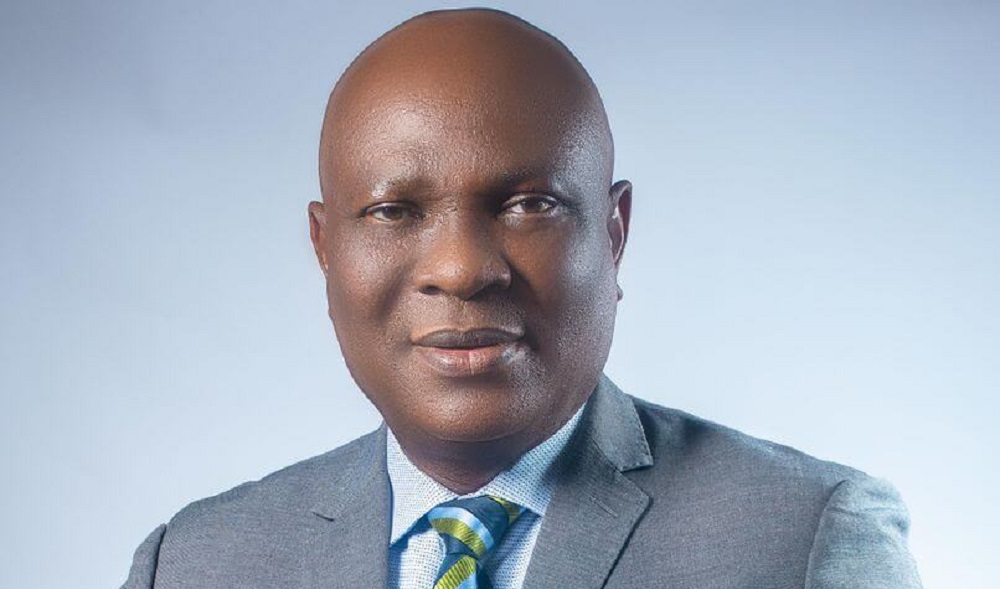Japa: Nigerian Naturalizations Show Significant Growth in US Citizenship Data

Recent statistics from the U.S. Department of Homeland Security reveal that over 34,000 Nigerian nationals gained American citizenship through naturalisation during the three years spanning 2020 to 2022.
These findings, published in the Naturalisation Annual Flow Report by the Office of Homeland Security Statistics, position Nigeria as the 15th most represented country of origin among newly naturalised citizens during this timeframe, securing its place within the top 20 nations.
The comprehensive analysis utilises information gathered from Form N-400 submissions—the mandatory naturalisation application that all candidates for American citizenship must complete. This documentation captures essential demographic information about each applicant, including their birthplace, age, marital status, gender identity, and current state of residence.
Data collection and processing occur through the sophisticated electronic case management infrastructure operated by U.S. Citizenship and Immigration Services (USCIS). This system maintains comprehensive records throughout the entire naturalisation journey, from initial fingerprint collection to the final oath-taking ceremony. Additional information is sourced from the Central Index System, enabling Homeland Security officials to analyse and document emerging patterns in citizenship applications.
The naturalisation process in the U.S. grants full citizenship privileges to foreign-born individuals who meet the criteria established by the Immigration and Nationality Act. The report emphasises that successful applicants receive virtually identical rights and obligations as natural-born Americans, including voting privileges and eligibility for federal assistance programs.
Statistical analysis demonstrates a consistent upward trajectory in Nigerian naturalisations throughout the examined period:
“In 2020, 8,930 Nigerians were granted citizenship, representing 1.4 percent of the total 628,258 individuals naturalized that year.
The following year, the number increased to 10,921, marking a 22.3 percent rise as USCIS worked to clear a backlog caused by an 11-week COVID-19 lockdown that temporarily halted oath ceremonies.
In 2022, the figure reached an all-time high of 14,438 Nigerians taking the oath of allegiance—a 32 percent increase from the previous year. Overall, this represented a 58.8 percent rise across the three years,” the report said.
Nigeria distinguished itself as the predominant African nation in naturalisation statistics, representing three per cent of the 248,553 African-born individuals who obtained U.S. citizenship during this period. Within the African continent, Nigeria and the Democratic Republic of Congo were the only nations to achieve placement in the worldwide top 30 rankings for countries of birth among naturalised citizens. The Democratic Republic of Congo experienced particularly dramatic growth in 2022, with naturalisations nearly doubling to approximately 6,000 cases.
Citizens from other African countries were classified under the “All other countries” designation. Notably, Africa demonstrated the most substantial regional growth in naturalisations, registering a 40 per cent increase between 2021 and 2022.
When examining global trends, Mexico maintained its leadership position with 326,237 citizens naturalised across the three years. India secured second place with 171,114 naturalisations, followed by the Philippines with 135,313 new citizens. Additional nations with substantial naturalisation numbers included Cuba, the Dominican Republic, Vietnam, China, Jamaica, El Salvador, and Colombia. Collectively, these ten countries represented nearly half of the 2.4 million individuals who acquired American citizenship between 2020 and 2022.
Historical patterns show that European nations once dominated U.S. naturalisation statistics. However, this dynamic shifted significantly following the 1965 amendments to the Immigration and Nationality Act, which eliminated national-origin quota systems. These legislative changes created new opportunities for immigrants from Asian and African nations. Homeland Security analysis indicates that Asia surpassed Europe in naturalisation figures during the 1970s, while Africa has achieved the highest regional growth rate since 2020.
“On average, African immigrants spent six years in permanent-resident status before naturalizing—one year less than the global median,” it added.
USCIS officials acknowledge that despite high application volumes, approval rates vary due to processing timelines and eligibility requirements. Some petitions face denial due to applicant ineligibility or incomplete documentation.
The naturalisation pathway maintains strict regulatory standards. Candidates must meet age requirements of at least 18 years, demonstrate continuous lawful permanent residence for a minimum of five years (reduced to three years for those married to U.S. citizens), and complete extensive background investigations, personal interviews, and examinations testing English language skills and American civics knowledge.
Following approval, applicants participate in a mandatory oath ceremony conducted by a federal judge or authorised government representative, completing their transformation from permanent residents to full American citizens.




